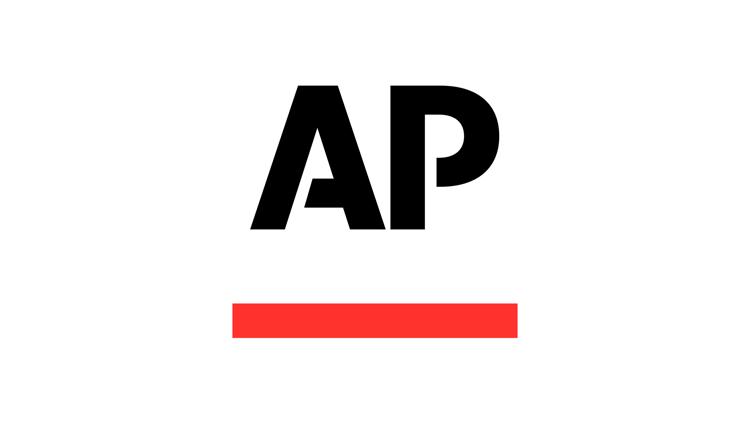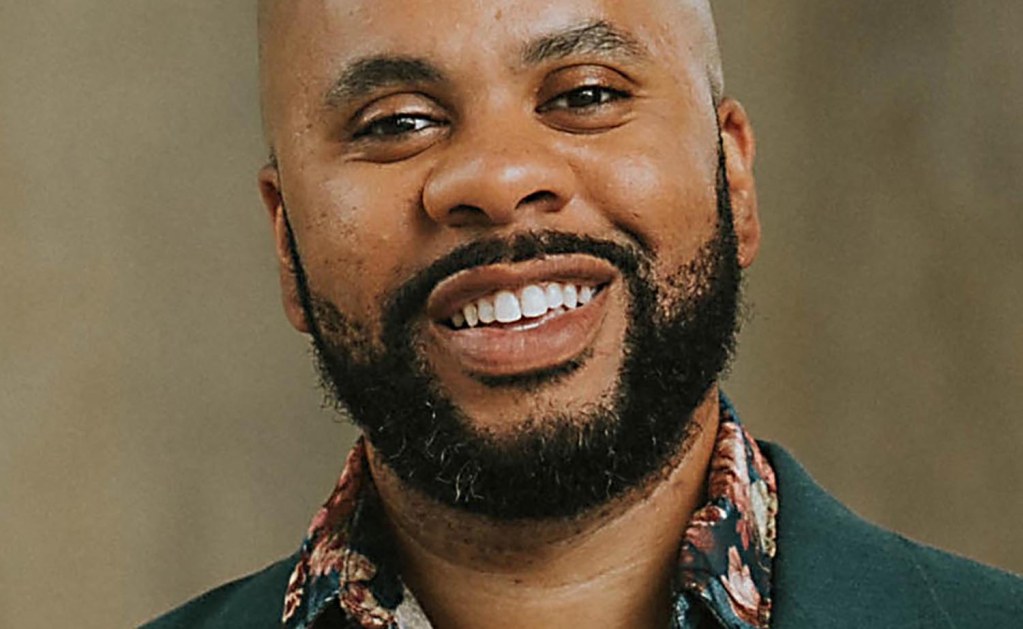UPDATE: The HLTH conference in Las Vegas has become a battleground for healthcare’s future as artificial intelligence (AI) takes center stage. Held from October 15-17, 2025, this year’s event showcased a staggering presence of AI startups, with established giants like OpenAI and Epic posing significant challenges to emerging firms.
Executives at the conference expressed a mix of excitement and fatigue regarding the AI hype, highlighting the urgent need for clarity amidst a flurry of new AI offerings. Critics are increasingly concerned about a potential AI bubble, echoing fears from the broader tech landscape. This sentiment is particularly palpable as healthcare venture capitalists reported that digital health startups secured $6.4 billion in funding in the first half of 2025, with a striking 62% directed towards AI initiatives.
The bustling showroom at HLTH featured major players like Samsung and Johnson & Johnson, along with numerous AI-focused startups such as Jorie AI and Suki. However, many attendees reported a sense of sameness among offerings, with one health system executive stating, “I need to know what your company actually delivers, today, in the real world.”
Despite the overwhelming presence of AI, some industry leaders warned of the dangers of over-saturation. Nate Gross, the new healthcare lead at OpenAI, participated in a panel with peers from Microsoft, Google, and Nvidia but offered few specifics about OpenAI’s healthcare strategies. His presence, nonetheless, signals that major tech firms are eyeing healthcare with increasing interest.
“In my portfolio, people view OpenAI and Anthropic much more as a threat than people have ever viewed Amazon or Microsoft,”
said Blake Wu, a partner at NEA, highlighting the rapid advancements made by these AI heavyweights.
The conference, often likened to the “Dreamforce of healthcare,” featured extravagant displays, including a massive “AI Zone” designed to showcase the latest in AI technology. Yet, amidst the glitzy presentations, a pervasive sense of anxiety lingered regarding the future of healthcare AI.
While some startups celebrated substantial funding rounds, like OpenEvidence raising $200 million at a valuation of $6 billion, others are cautious. Concerns grow as established players like Epic prepare to introduce their own AI tools to compete with startups, raising questions about sustainability in the market.
Amid these tensions, the conversation around responsible AI development is gaining traction. Organizations are beginning to prioritize ethical considerations, with initiatives like Spring Health’s new benchmark for evaluating mental health chatbots and the American Heart Association’s AI assessment lab for cardiovascular health making headlines.
As the HLTH conference wraps up, the healthcare industry stands at a crossroads. With AI integration becoming increasingly prevalent, stakeholders are urged to tread carefully while navigating this evolving landscape. The next few months will be critical as organizations adjust to new realities in AI and healthcare, making it essential for investors and companies to keep a close eye on developments.
The urgency of these issues is undeniable, as healthcare leaders and investors alike seek to balance innovation with the potential risks that come with the AI surge. As the industry grapples with these challenges, the question remains: will AI truly transform healthcare for the better, or are we witnessing the early signs of an unsustainable bubble?







